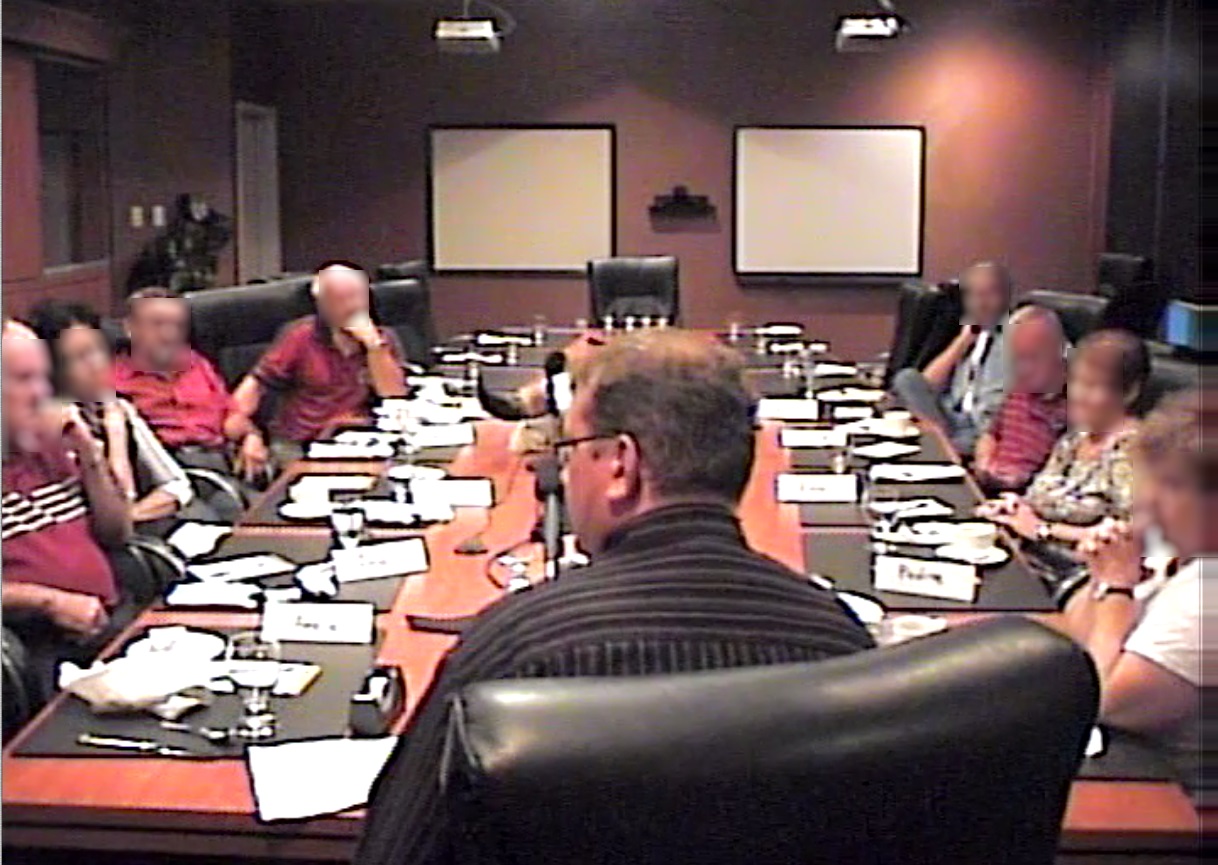Qualitative Research
Our qualitative practice is focused on helping you understand the key drivers (psychographics, attitudes and thought processes) that lead to behaviors.
We utilize a wide array of qualitative tools and techniques depending on the audience and topic. These include focus groups (online and in-person), bulletin boards, and in-depth interviews.
We do a great job planning and leading discussions around your topic of interest. However, it does not stop there--Report writing is also key to provide findings that can be understood and used to guide your decisions.
We provide topline executive summaries shortly following the sessions for a quick debrief. Our full reports are also in a language that clients will understand, including clear action steps and recommendations.
Over the 18 years of conducting focus groups across North America, we have seen huge developments in technology and massive shifts in the ways consumers and businesses use that technology to communicate, work, and get things done.
Although the technology has been available for online focus groups (and other qualitative methods) for many years, it is only in recent years that the access and comfort level with online discussions has been high enough across a wide spectrum of the public to consider these methods as adequate substitutes for traditional, in-person sessions.
There are still many situations where in-person focus groups will yield the deepest and most valuable insights from the target segment(s). However, when the target segment is geographically disbursed, the topic is sensitive, the information need has a tight timeline, or the budget is more limited, online focus groups can provide valuable information and insights that may not have been available at all in the past.
There are many other considerations in choosing the right qualitative method, and we can help with that process. Qualitative research can be very enlightening and provide a deep level of understanding into the target segment's attitudes, thought processes, and decision factors. They also help understand the language and terminology of the segment, which helps a great deal in developing key messaging that will resonate effectively.
We work closely with our clients to ensure those we recruit to participate reflect the segment we are trying to understand. For an online focus group we also screen for a specific comfort level with a virtual discussion. With the increasing ubiquity of communications technology, this literacy is becoming more and more commonplace, making this a more and more popular qualitative method. Our recruiters do a great job of looking for people who fit the requirements of our clients.
Paul DesBarres is a professionally trained (RIVA Institute) moderator and researcher with 18 years’ experience in the industry. This training and experience allows him to ask the right questions in the right way, and guide the discussion to gain the deepest insights about the topic at hand. Being an independent third party also lends credibility to the process and makes respondents more comfortable in being open and honest.
We have experience with incorporating a wide number of techniques into our qualitative sessions. These include the use of a number of projective techniques to delve into the subconscious of respondents and determine the driving influences behind their attitudes and behaviours. These projective techniques can:
Nova Insights has experience with a great network of facilities we partner with to conduct focus groups in large centers as well as small ones. Using technology, we can recreate a focus group facility in a hotel/motel to gather feedback from more rural participants, avoiding an urban bias.
We look forward to working with you to better understand your target segments.



